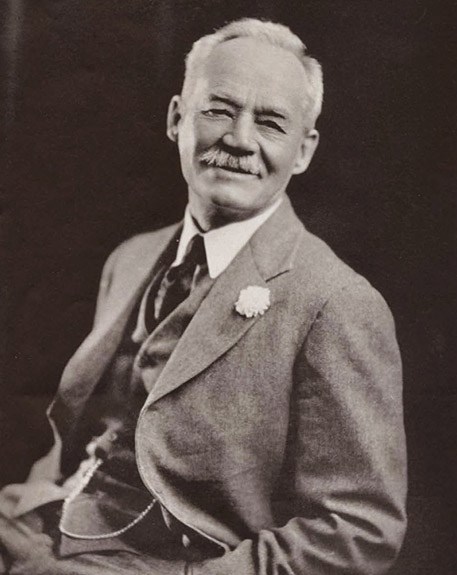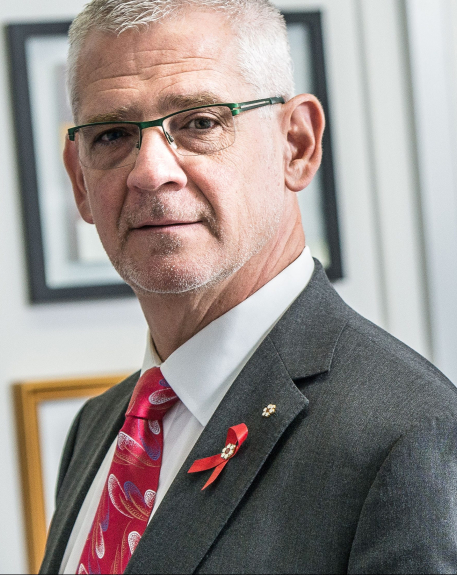2010 INDUCTEE Calvin R. Stiller, MD Infectious Disease, Allergy & Immunity, Leadership in Organizational Development, Health and Medical Education & Training, Diabetes
February 12, 1941
(Naicam, Saskatchewan)
MD, University of Saskatchewan (1965)
2016: Honorary DSc, University of British Columbia
2011: Officer of the Order of Canada
See All AwardsAwards & Honours:
2016: Honorary DSc, University of British Columbia
2011: Officer of the Order of Canada
2010: Canada Gairdner Wightman Award
2010: Distinguished Fellow of the Canadian Academy of Health Sciences
2010: Order of Ontario
2007: Honorary DSc, University of Saskatchewan
2007: Honorary DSc, University of Western Ontario
2003: Lifetime Achievement Award, Canadian Society of Transplantation
2002: Honorary LLD, McMaster University
1996: Ontario Entrepreneur of the Year
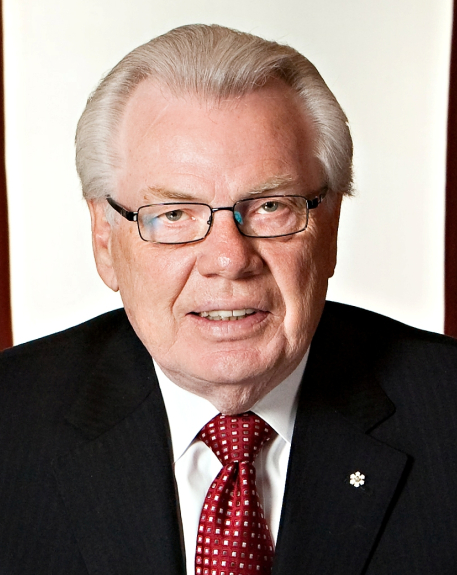
Championed innovation in health and biomedical research and pioneered multi-organ transplantation
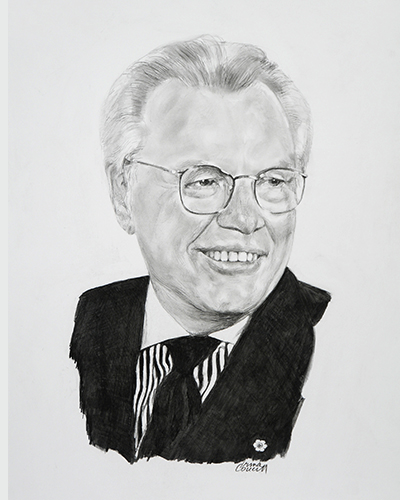
A leading authority on immunology and organ transplantation
Dr. Stiller’s magic touch as a builder pervades every phase of his career. A physician, scientist, administrator, policy innovator and entrepreneur, Dr. Stiller developed one of the most dynamic organ transplant programs in the nation and championed countless other initiatives that have enriched research enterprise in Canada. It was Dr. Stiller who, in the late 1970’s, obtained the promising new drug cyclosporine and organized its first multi-centre clinical trial in kidney transplantation in North America, creating the foundation for subsequent studies that put Canada on the world stage. He was responsible for the ground-breaking research that showed that cyclosporine, an immunosuppressant, could halt the progression of Type 1 Diabetes – demonstrating that it was an immune disorder.
Key Facts
Cyclosporine remains today as the drug of choice to combat tissue rejection after transplantation
Founded Transplant International, the first organization of its kind in Canada
Popularized the term “Gift of Life” and initiated the Organ Donor Card attached to drivers’ licences
Co-founded science-based venture capital funds and several of Canada’s largest medical and scientific organizations including the MaRS Centre and the Ontario Institute for Cancer Research
Professional timeline
Impact on lives today
Dr. Stiller’s ground-breaking research and tireless promotion of organ transplantation continues to sustain life-saving work. When Dr. Stiller began his career in medicine, less than 50 organ transplants were performed in London each year. As of 2004, there were over 200 and in 2019 there were over 3,000 across Canada. Additionally, in a lifetime an individual might be successful in creating one institution or program. Dr. Stiller has been the architect of many, including the Medical Hall of Fame. His visionary building of public and private institutions has created a legacy that for many years will advance Canadian research, employ thousands of individuals, and raise the profile of Canadian innovation around the world.
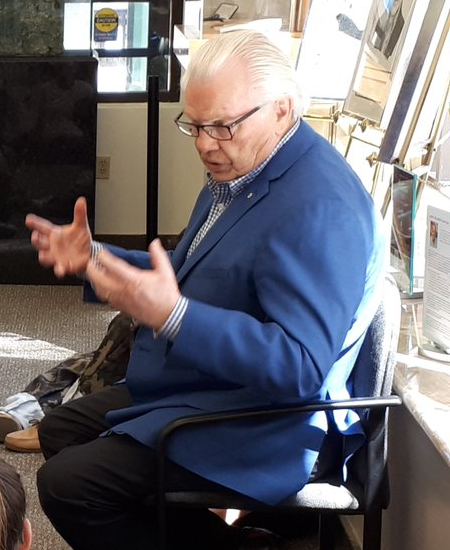
2026
-
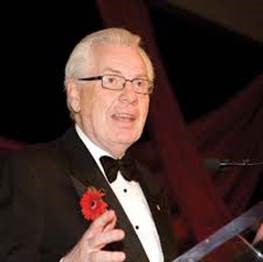
Calvin Stiller inducted into the Canadian Medical Hall of Fame
Calgary, Alberta
-
Named Ontario Entrepreneur of the Year
As of 2018, over 17,000 people are employed by MaRS-supported companies.
-
The Canadian Medical Discovery Fund was established
Leadership in Organizational DevelopmentConvinced that there was a serious lack of capital available to Canadian bioscientists, Dr. Stiller honed his idea of involving the private sector in stimulating a real Canadian-grown life sciences industry.
-
Appointed to the board of the Medical Research Council of Canada
Leadership in Organizational DevelopmentThis appointment coincided with his shift towards medical entrepreneurship.
-

He co-founded the Robarts Research Institute in London, Ontario.
Leadership in Organizational Development -
Dr. Calvin Stiller established and led the Multi-Organ Transplant Service at University Hospital
Patient CareThe Service was the first of its kind in Canada and one of the first in the world.
-
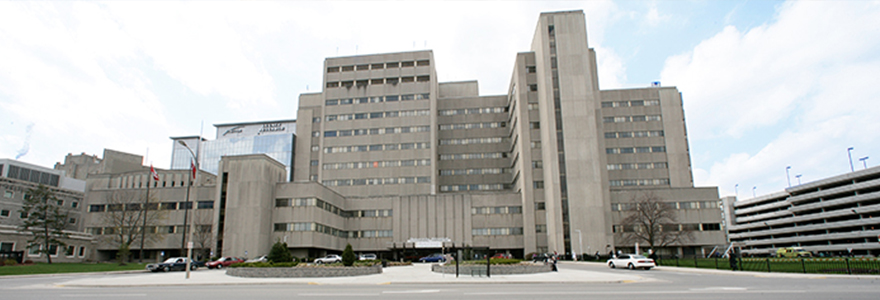
Cyclosporine was discovered
Evidence-based Medicine & Clinical Trials, Infectious Disease, Allergy & Immunity, Leadership in Organizational DevelopmentAs a result of Dr. Stiller’s leadership, University Hospital in London was selected as one of only a few centres in the world to conduct clinical studies with this new drug.
-

Returned to Western University
Leadership in Organizational DevelopmentIn 1972, he was appointed Chief of Nephrology and Transplantation and, later, Director of Immunology at the John P. Robarts Institute.
-

At the age of 20, entered medical school at the University of Saskatchewan
Infectious Disease, Allergy & ImmunityAfter graduation in 1965, he completed 5 years of post-graduate fellowships and the University of Western Ontario and the University of Alberta where he specialized in kidney disease, transplantation immunology and infection.
1960
Once seized with an idea, he is a force to be reckoned with.

